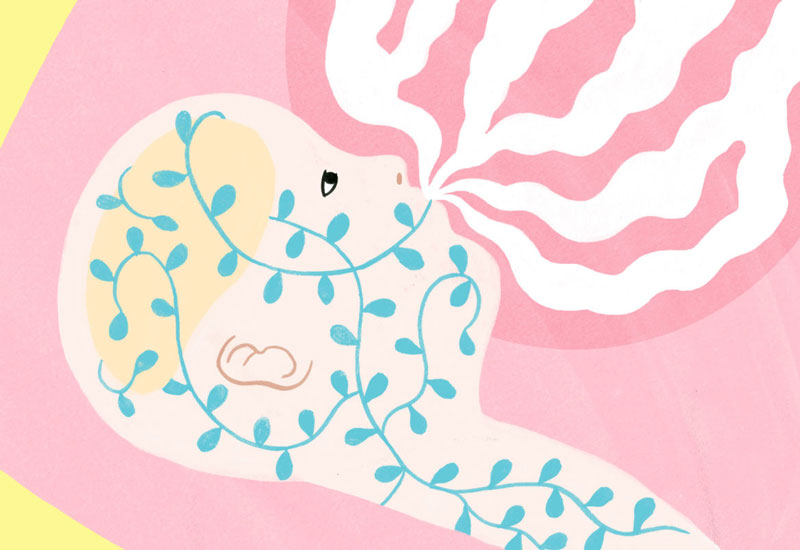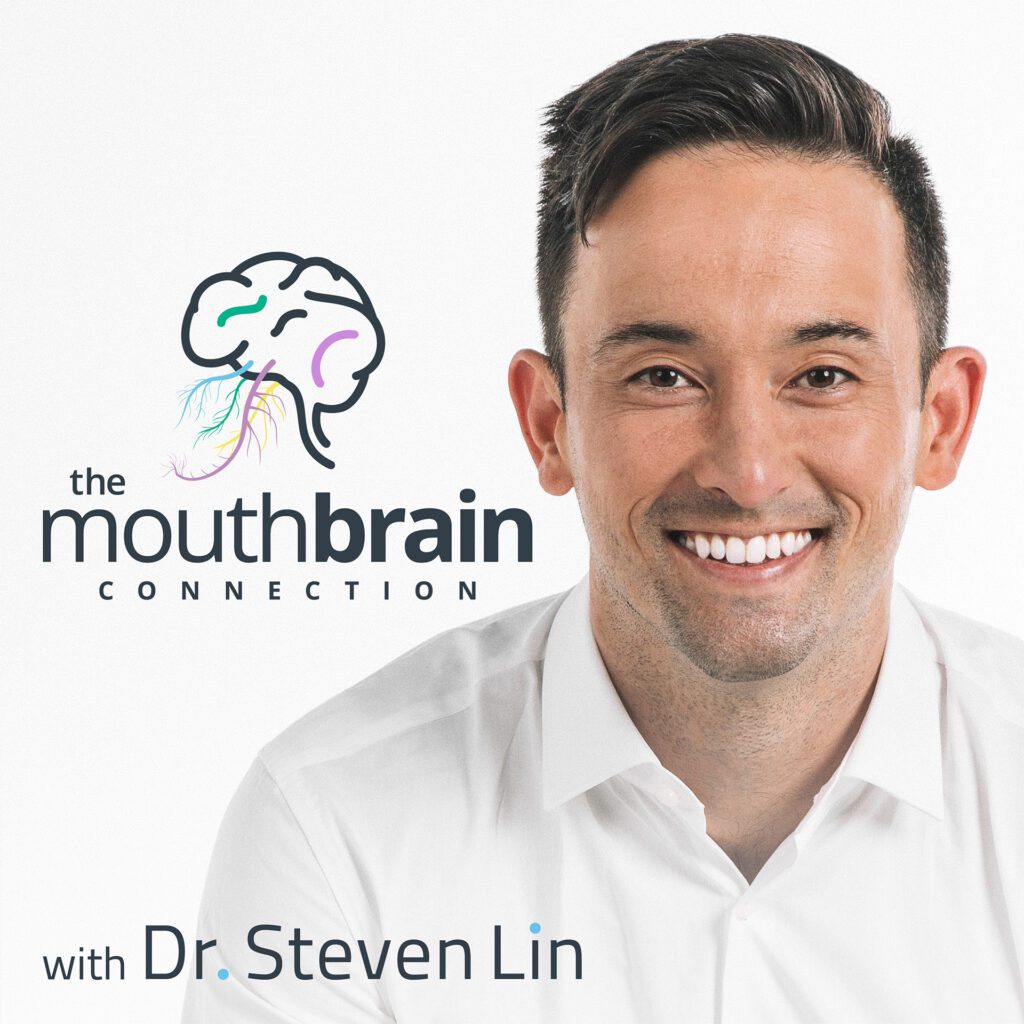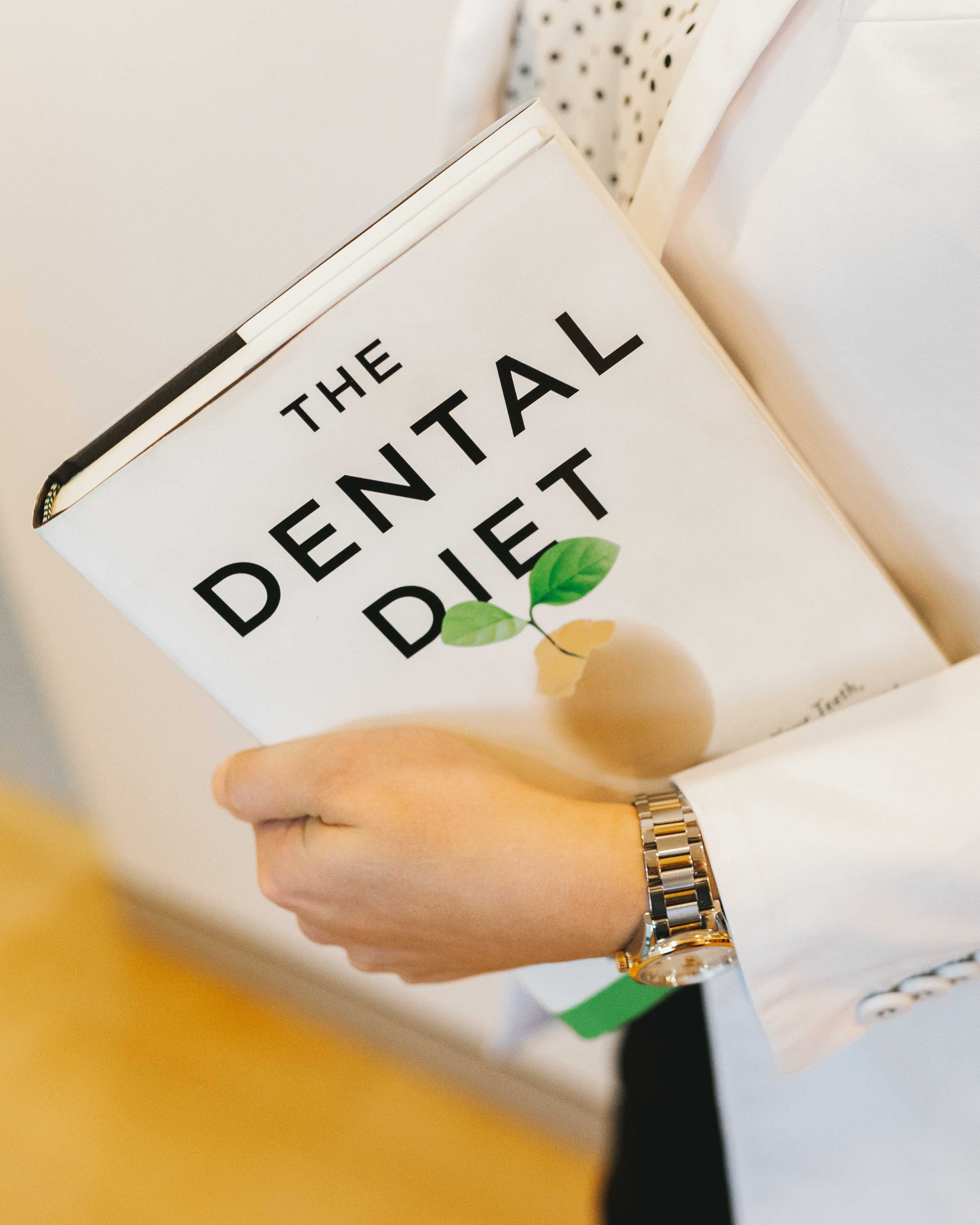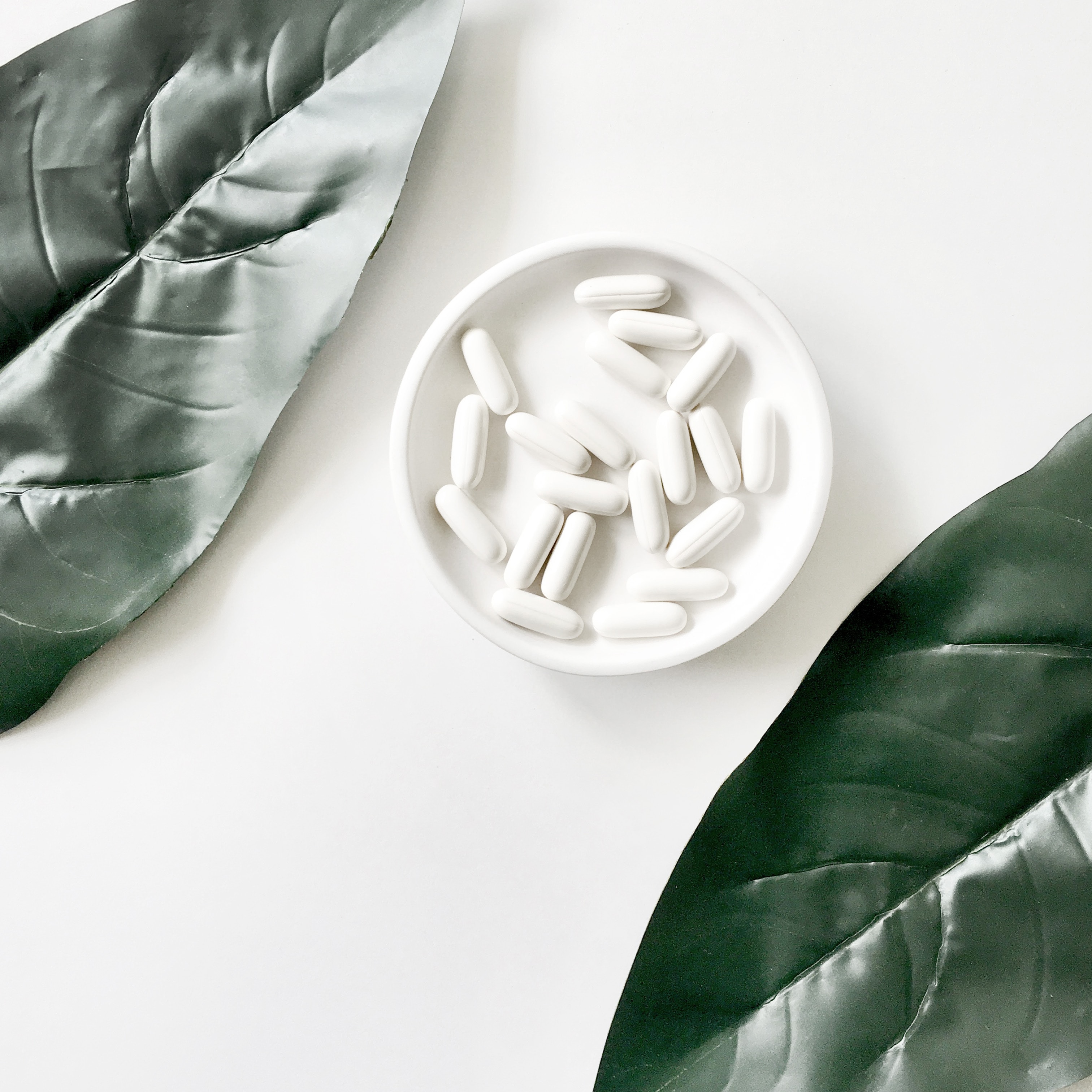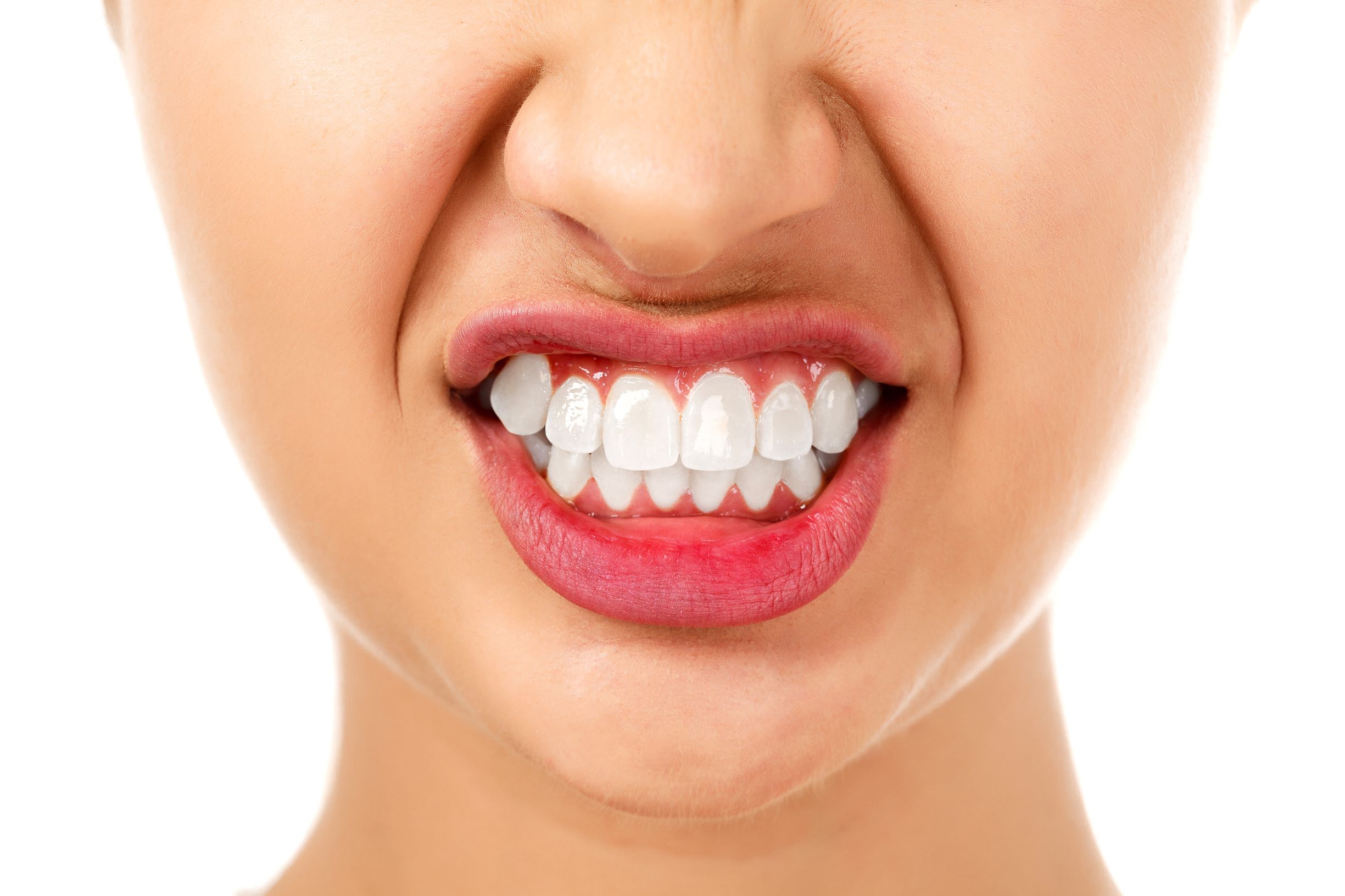In a world which can sometimes seem a little obsessed with hygiene and, particularly when discussing it in respect of children and newborns, we can sometimes forget that the majority of bacteria are, in fact, good for us.
Bad News Doesn’t Always Travel Fast!
It might though actually surprise you to learn that the debates surrounding the subject of good bacteria/bad bacteria go back a lot further than you first think. In fact, it was at the beginning of the 20th century that the Western world was first introduced to the benefits of what we now refer to as, ‘probiotics,’ and a mass of research was undertaken to discover just how those microscopic microbes could not only benefit human health, but also be essential to our very survival!
The subject, for a variety of reasons (and not all sensible ones) died out by the 1930s, but today it is making a resurgence and one of the most interesting, and possibly most important aspects, relates to babies and breastfeeding.
Breast Bacteria
For years, we have been told that ‘breast is best’ when it comes to feeding newborns, but rarely are we told why. Many studies have been undertaken regarding nutrient value comparisons when it comes to formula versus breast milk but, for the first time, scientists are starting to seriously look at the bacterial transfer made between Bub and Mum.
To understand the importance of the situation though we first need to appreciate the real significance of gut bacteria, which is more commonly referred to as microflora or microbiome; those trillions of microbes which live in our digestive tract and which, when they are working in harmony, break down the food that we eat into nutrients we can absorb. What this really means to us in reality is that, without gut bacteria, we would never survive into adulthood because the food we eat would not be broken down to feed our bodies.
Things though can still go wrong and, even when we do have bacteria they must be distributed by species and number in the correct part of our digestive tract. If an imbalance occurs and one strain proliferates in an area it shouldn’t, this is when we start experiencing digestive problems that can lead not only to physical, but also to emotional, ailments.
History Repeating Itself
What scientists have now discovered is that gut bacteria are ‘seeded’ within us via, not only breast milk, but also from the bacteria that live on the skin around the nipple (Pannaraj, Li and Cerini 2017). What we have also come to learn about breast milk is that it not only contains probiotics but also ‘prebiotics’ or ‘oligosaccarides,’ which, in addition to the food we eat, are essential for feeding the bacteria themselves. More significantly, human breast milk contains specific oligosaccarides called Bifidobacteria which, scientists have discovered, are found more commonly in the faeces of breast milk fed infants than that of babies who are bottle fed. Yet much of this information, in respect of probiotics at least, was known way back in the first quarter of the 1920s, but the role breast milk bacteria played in the health of newborns and infants, has been all but forgotten except by a small minority of scientists(Yong 2016).
It has though long been recognised that babies acquire at least some of their gut bacteria first in the womb and then during the delivery process. But, up until recently, the important role not only breast milk itself plays but also the actual act of breastfeeding, has not been truly appreciated by the majority and broken down the barriers into mainstream science (Ahem, Faith and Gordon 2014).
Lifelong Protection Against Disease?
Because having an adequate and balanced level of bacteria in the gut is now thought to affect, either positively or negatively, our health as we grow, science is currently putting forward very strong evidence as to why breast really is the best. This information is even more compelling when we understand that researchers are starting to link ineffective digestion or dysbiosis, not only to illnesses which are commonly associated with nutrient deficiencies, but also to many other conditions including immune responses. This means that the choice we make as to whether we breast feed or not, might shape the response of the entire immune system – and so the prevalence for disease and the body’s capacity for dealing with it – for the rest of our child’s life.
When to Wean?
Today, many mothers might be encouraged to include formulas in their baby’s diet, or to wean them as early as possible. Other’s might provide a full breast milk diet for baby, but use expressed milk and bottle feed. Yet, the message coming through is loud and clear; the way to get the most beneficial bacteria into baby’s digestive tract is to feed them with breast milk via breast feeding. At the moment the science is not available to tell us how long to continue with this process, but including formula feeds in baby’s diet any earlier than 4 months has been suggested as being possibly too soon.
There are though many other issues involved in the debate about breastfeeding and, in a forthcoming article I will be explaining from my perspective as an Orofacial Myofunctional Therapist, how breastfeeding affects craniofacial development and how this too can impact long-term health.
Health. Lifestyle. Laughter
Works Cited
Yong, Ed. BREAST-FEEDING THE MICROBIOME. July 22, 2016. http://www.newyorker.com/tech/elements/breast-feeding-the-microbiome (accessed 06 15, 2017).
Ahem, Philip P., Jeremiah J. Faith, and Jeffery I. Gordon. “Mining the human gut microbiota for effector strains that shape the immune system.” Immunity 40, no. 6 (Jun 2014): 815-823.
Pannaraj, Pia S., Fan Li, and Chiara Cerini. “Association Between Breast Milk Bacterial Communities and Establishment and Development of the Infant Gut Microbiome.” Jama Pediatrics, May 2017.

